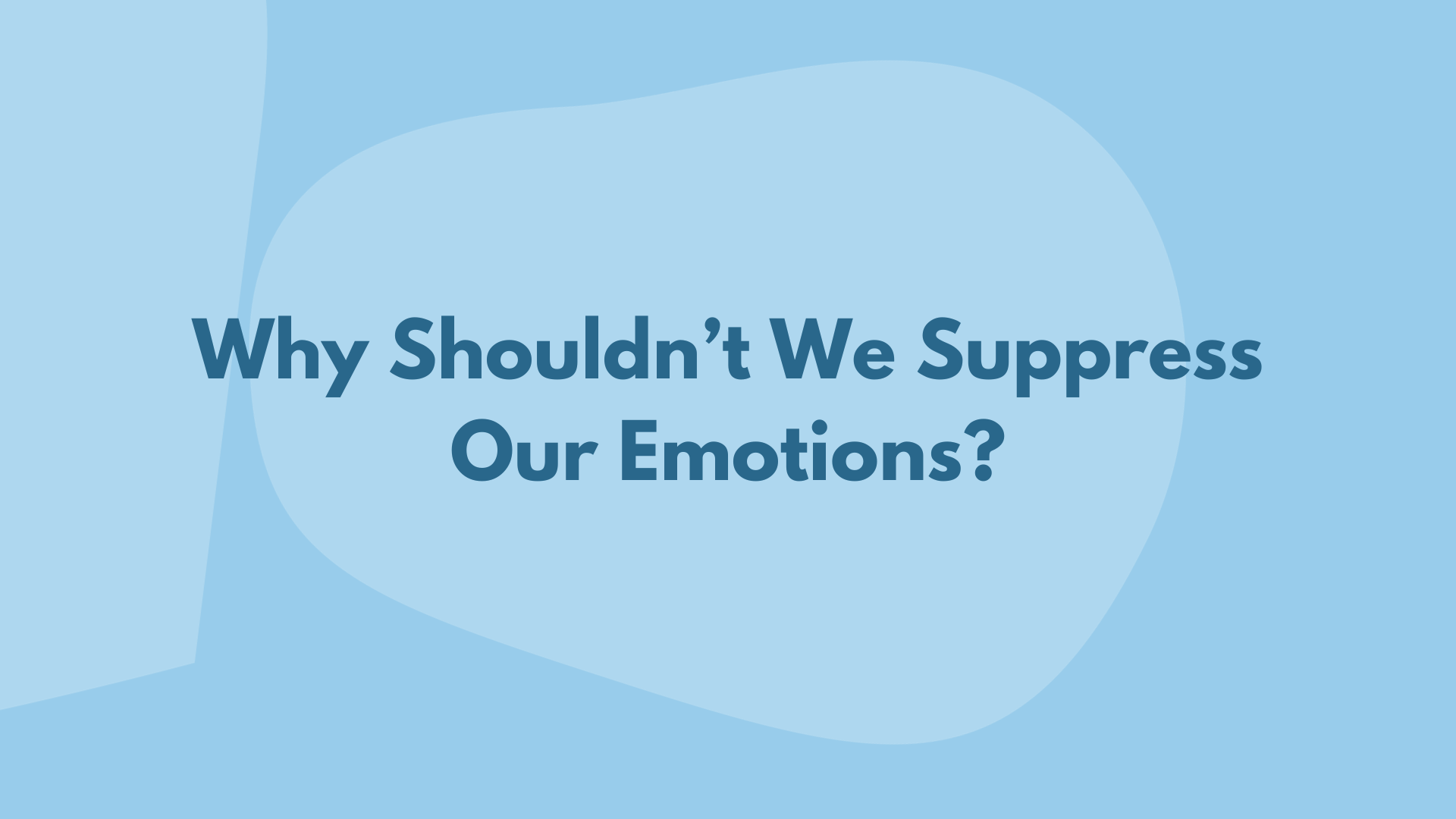
Experiential avoidance is when a person attempts to avoid difficult internal experiences to 'feel better'. These uncomfortable internal experiences include thoughts, feelings, memories, and physical sensations. Experiential avoidance can lead to a negative reinforcement cycle where an individual will continue to avoid challenging internal experiences through distraction which provides short-term relief but often leads to long term harm. Through continued reinforcement an individual may start to believe that they cannot cope with any difficult thoughts, feelings, and sensations; or form the idea that these internal experiences are 'bad'. Emotional Suppression is one form of experiential avoidance. Emotional suppression is when an individual suppresses or inhibits the expression of their emotions, this can include actively inhibiting facial expressions, body language, and verbally expressing emotions. Research has shown that emotional suppression is not an effective means of emotional regulation and often causes long term harm. Emotional suppression has been shown to play a role in maintaining several psychological disorders including, Depression, PTSD, Social Anxiety, Substance Use disorders, Eating disorders, and Borderline Personality Disorder.

